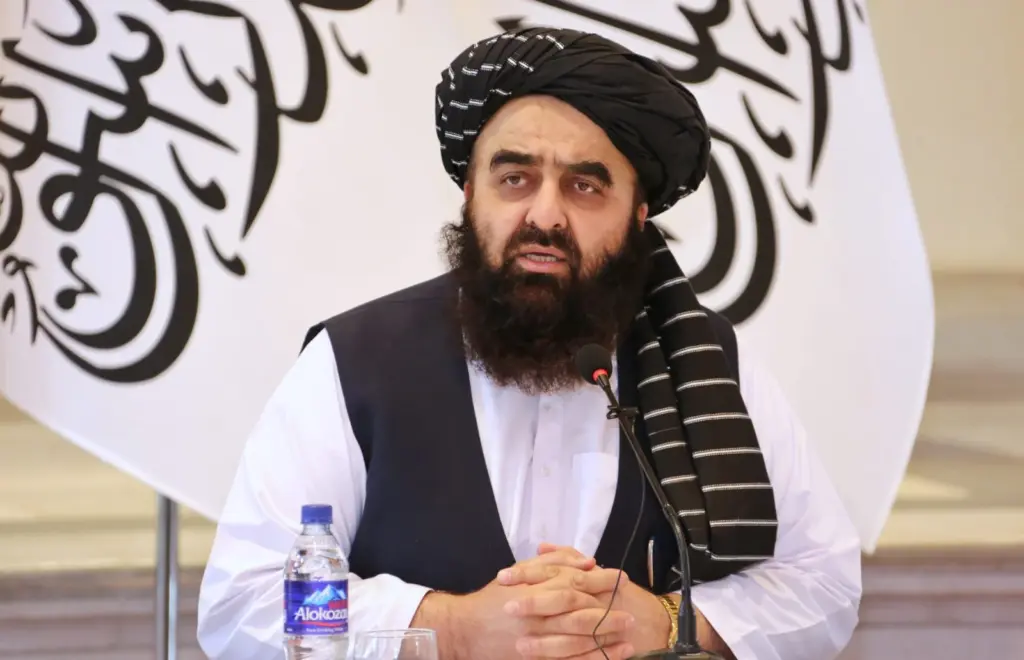
Taliban Foreign Minister Amir Khan Muttaqi is expected to visit India in the second week of October, marking this the first such high-level engagement since the hardline Islamic group seized power in Afghanistan in mid-August 2021, immediately after the exit of the American military and NATO troops.
According to media reports, Muttaqi is scheduled to meet Indian External Affairs Minister S. Jaishankar during his visit.
The visit follows a waiver granted under UN Security Council sanctions. People familiar with the matter told Hindustan Times that Muttaqi is expected to arrive in New Delhi on October 10.
Confirming the exemption, the UN Security Council said in a statement: “On 30 September 2025, the Security Council Committee established pursuant to resolution 1988 (2011) approved an exemption to the travel ban for Amir Khan Muttaqi (TAi.026) to visit New Delhi, India, from 9 to 16 October 2025.”
The meeting is expected to deepen practical engagement between the Taliban and New Delhi without formal recognition of the Taliban government in Kabul, the sources said. “This represents a via media for strengthening the working relationship with the Taliban without getting into technical issues,” one source added.
The Taliban side is reportedly expected to seek posting of its envoy and more diplomats at the Afghan embassy in New Delhi and consulates in Mumbai and Hyderabad. India has not officially recognised the Taliban government.
Who is Amir Khan Muttaqi?
As per the Afghanistan government’s Ministry of Foreign Affairs website, Amir Khan Muttaqi, son of Haji Nadir Khan, was born on March 7, 1970, in Zarghun village, Nad Ali district, Helmand province.
Hailing originally from Paktia, his family later relocated to Helmand. He began his early education in his village mosque.
Following the communist coup and Soviet invasion, he emigrated to neighbouring Pakistan at the age of nine, where he studied religious and traditional sciences in various schools for Afghan refugees.
In his early years, Muttaqi actively participated in ‘jihad’ against the communist regime in Helmand, as per the website.
“After the collapse of the regime led by Dr. Najibullah, he, like many other Mujahideen, sought to complete his interrupted education. In 1994, as the Taliban movement emerged in response to widespread anarchy in the country, he actively participated in the movement from its inception,” the website said.
He has played a significant role in political, cultural, and administrative spheres during both the initial rule of the Islamic Emirate and its current rule.
In addition to holding official administrative positions and being a member of the Afghan cabinet, Muttaqi has served in numerous postings, including as a leading negotiator for the Islamic Emirate.
Notably, he led a delegation appointed by the late Mullah Muhammad Omar, the leader of the Islamic Emirate, to negotiate with the former Northern Alliance.
He conducted talks in Tashkent, Uzbekistan, Turkmenistan, and Jeddah, Saudi Arabia, facilitated by the Organization of Islamic Cooperations.


